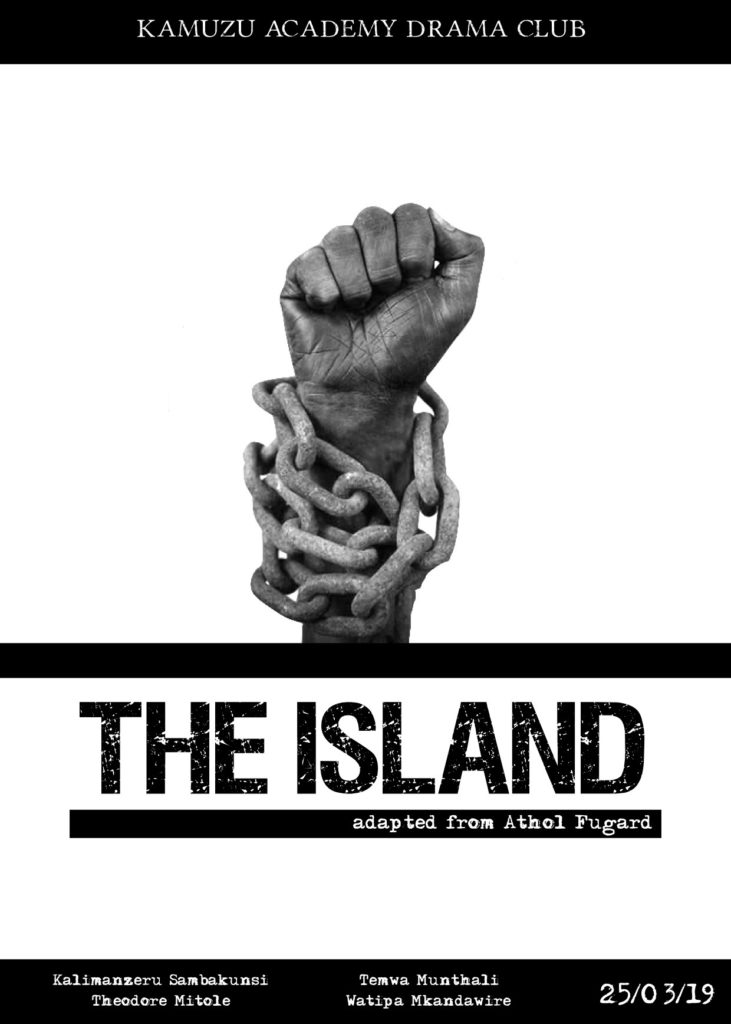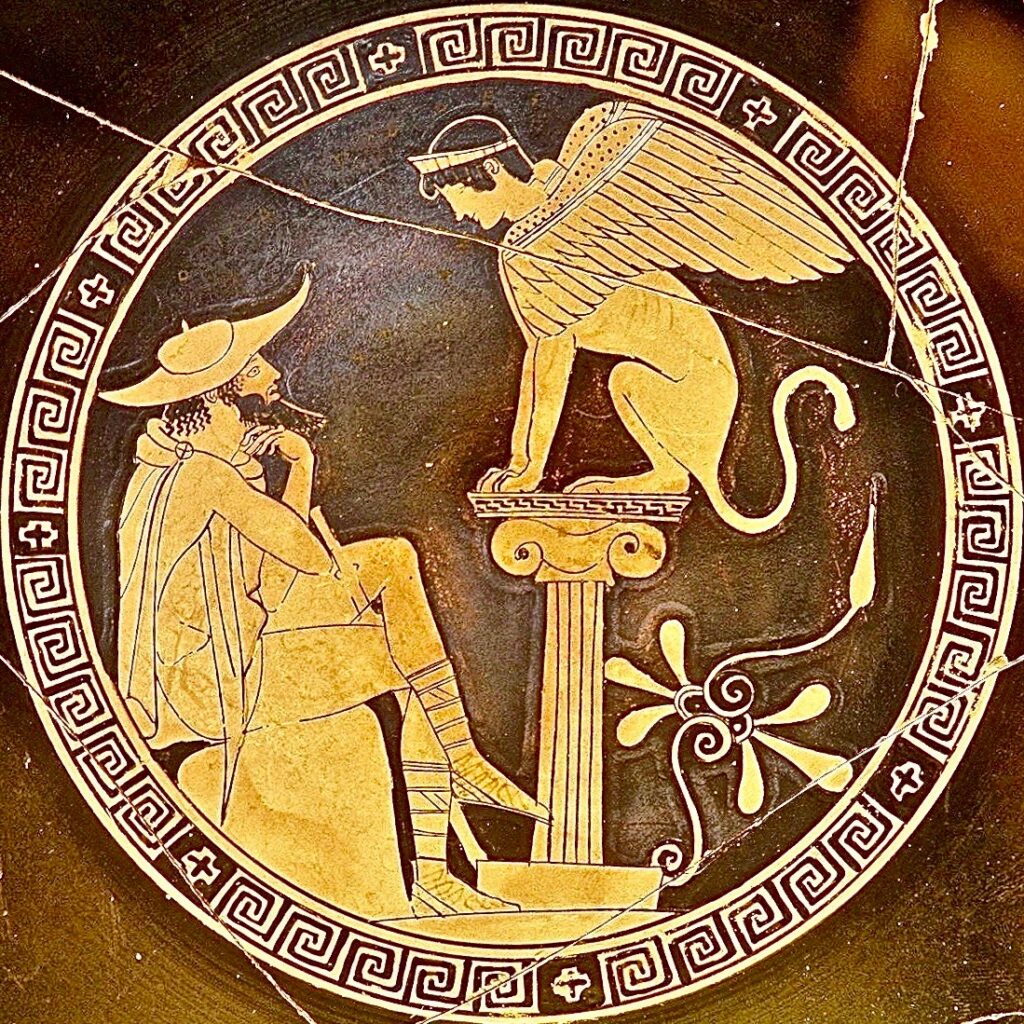Athol Fugard's The Island is inspired by Nelson Mandela's account of participation in a production of Sophocles' Antigone while imprisoned on Robben Island. As such, our production serves to bring together the worlds of Ancient Greece and Southern Africa.
Click here to visit the Nelson Mandela Foundation, which has a biography of Madiba.
"You are only a man, Creon. Even as there are laws made by men, so too there are others that come from God." Act IV (John)
Click here to download a copy of the poster (.pdf).

The Director writes...
Two prisoners of the Apartheid government, Winston and John, are preparing to perform Antigone in a prison talent show. While rehearsing for the performance, the brotherly pair are forced to face some difficult themes and question the racist government that imprisoned them. The climax of the play comes when John has to break the news that he will be released. John struggles to accept this promise of freedom while Winston’s life sentence hangs like a Sisyphean weight over his head. In spite of this, they continue to prepare for the play. John plays Creon, the embodiment of the unjust state, and Winston plays Antigone who is sentenced to be entombed alive for her act of defiance - giving her brother a proper burial after he was killed fighting the state. Winston’s final speech, in the voice of Antigone, rings out as a eulogy for human decency and a desperate appeal to the South African struggle for political freedom.
Antigone has long been a symbol for just defiance against an unjust state and it is no coincidence that Nelson Mandela himself played the role of Creon in a production of Antigone while held on Robben Island. He said of Antigone; “It was Antigone who symbolised our struggle; she was, in her own way, a freedom fighter, for she defied the law on the grounds that it was unjust.”
Originally a two-man play, the roles of John and Winston were shared by four boys. Each one of them brought commendable maturity to the roles and the performance was greatly appreciated by the Form 6 students who were studying the play for their English A-Level qualifications. The play opens with John and Winston carrying buckets of rubble back and forth across the stage - representing the inhumane forms of labour that took place on the island. During this excruciatingly repetitive task, a projection was thrown on the back wall explaining the historical context of the play followed by images of Apartheid and racial segregation in South Africa. Similarly, the play ends with John and Winston circling the stage, manacled together at the ankles, while the closing projection gives the above quote and ends with the actors mirroring Nelson Mandela’s raised fist as a national symbol of amandla (power).
